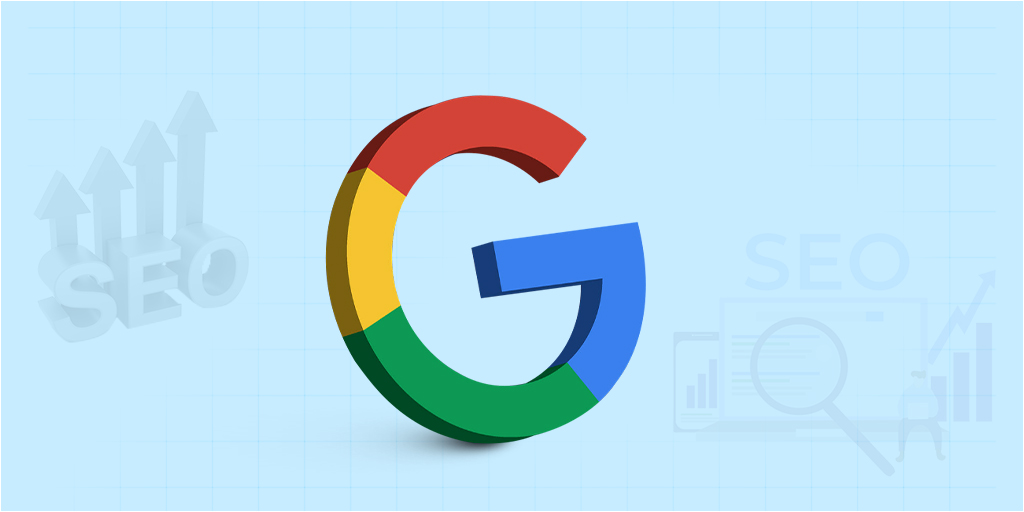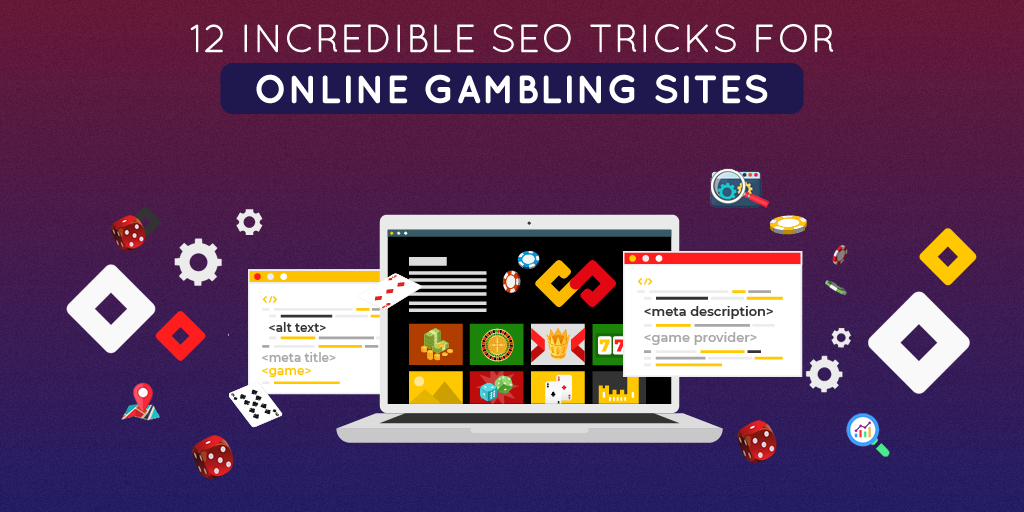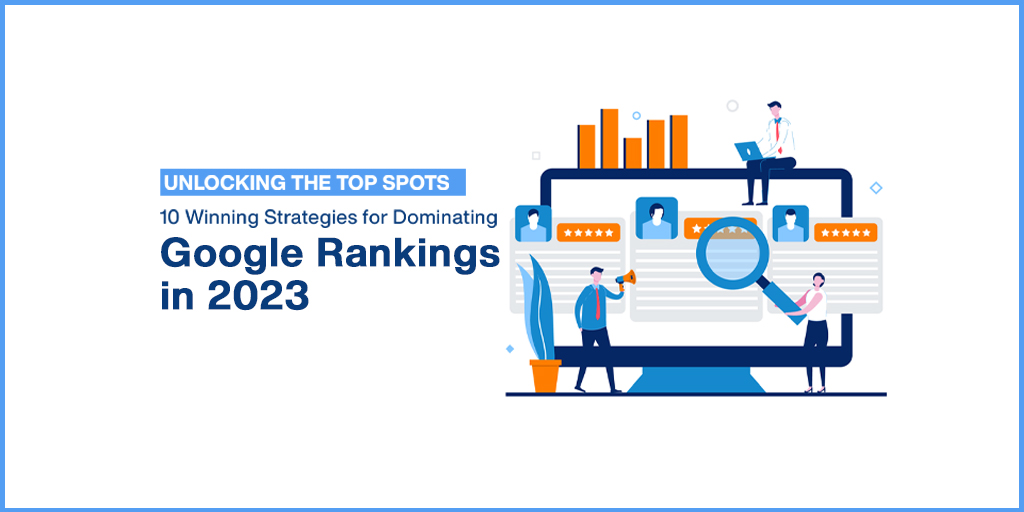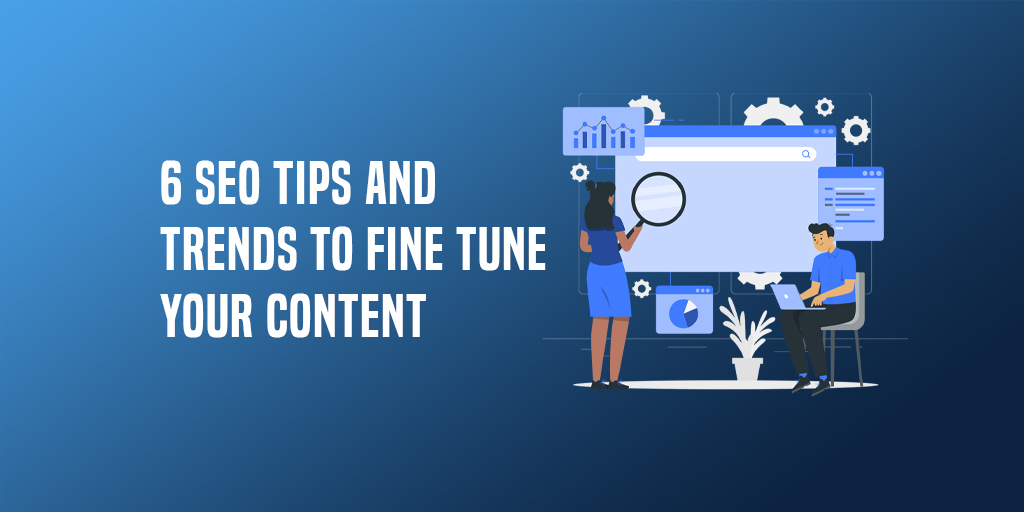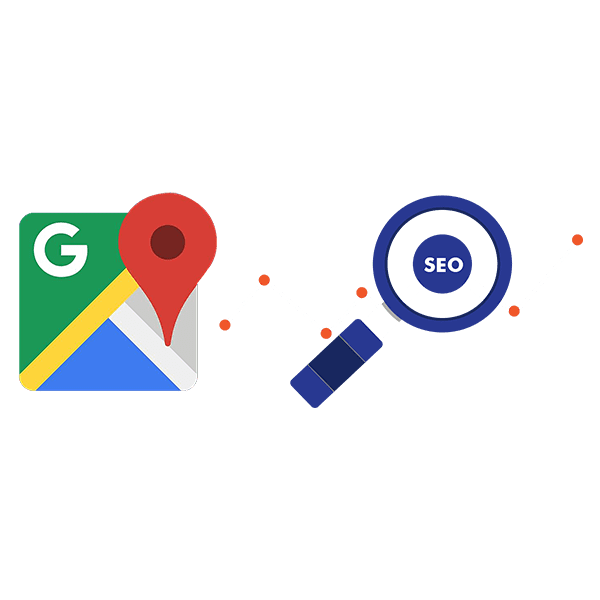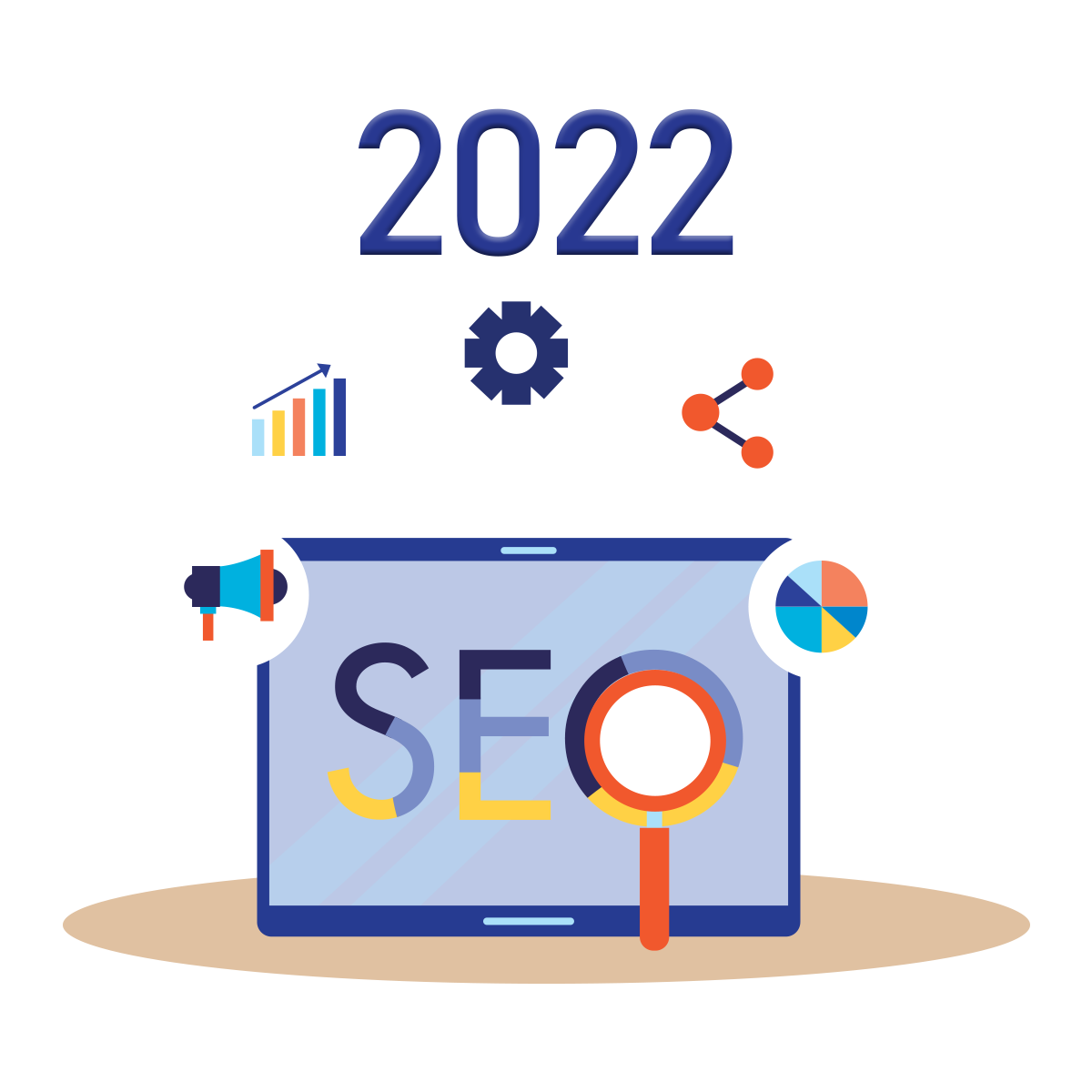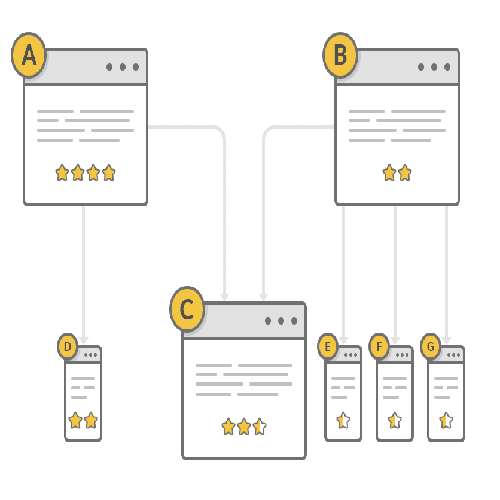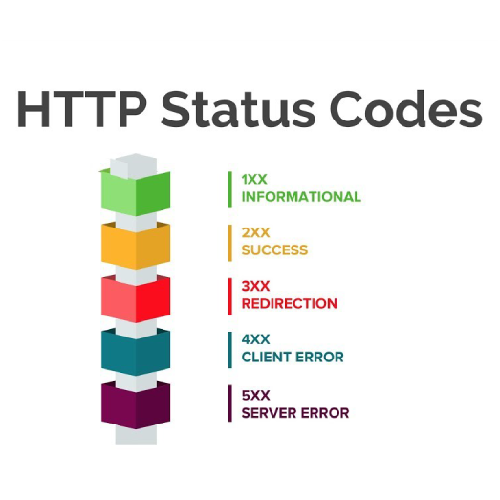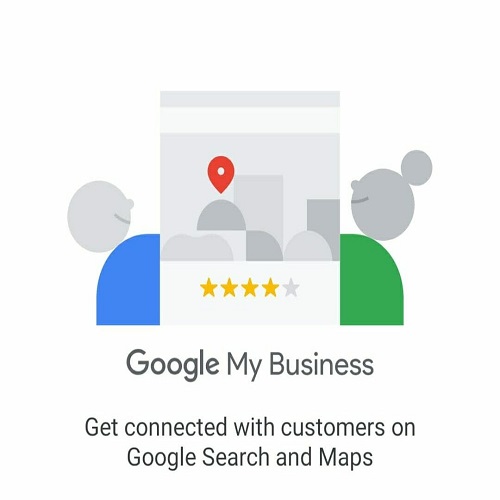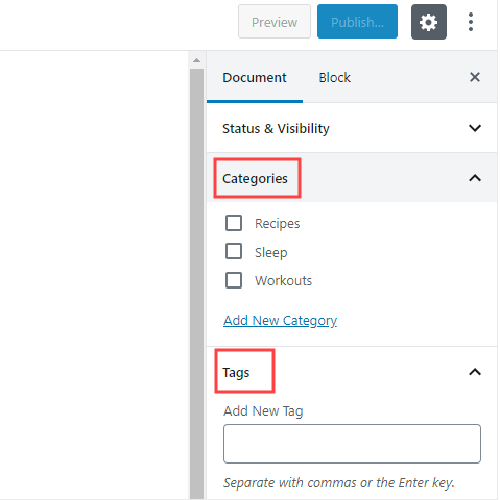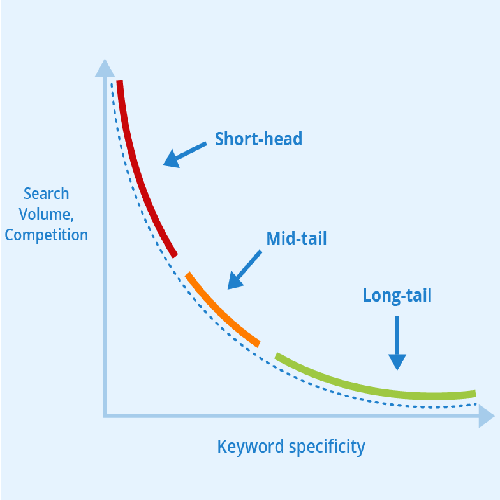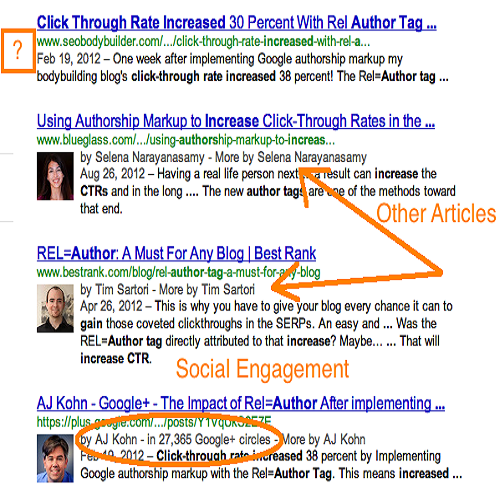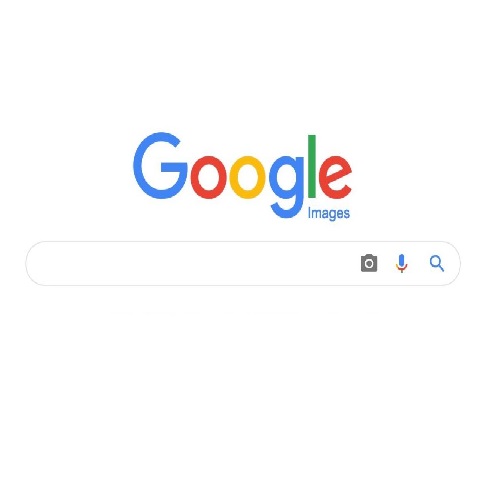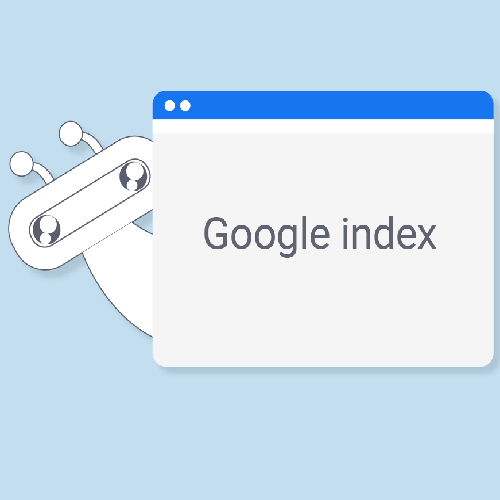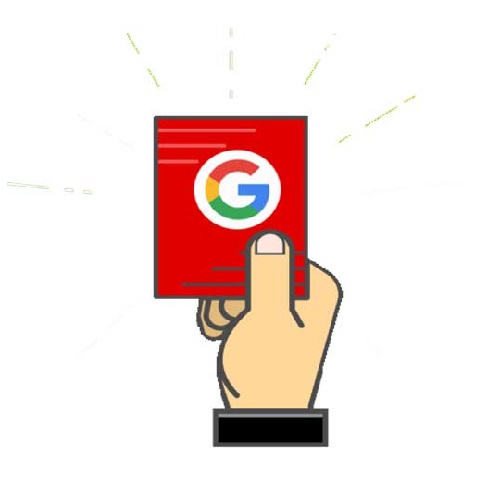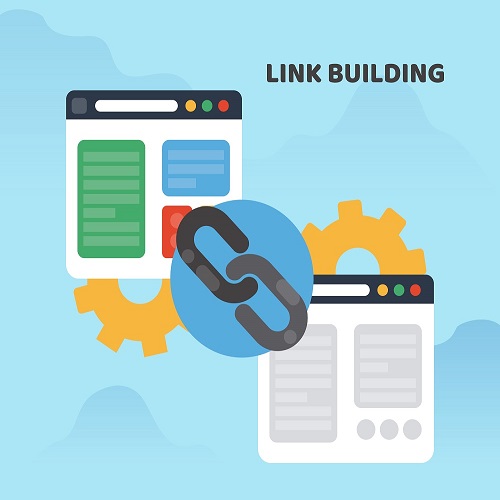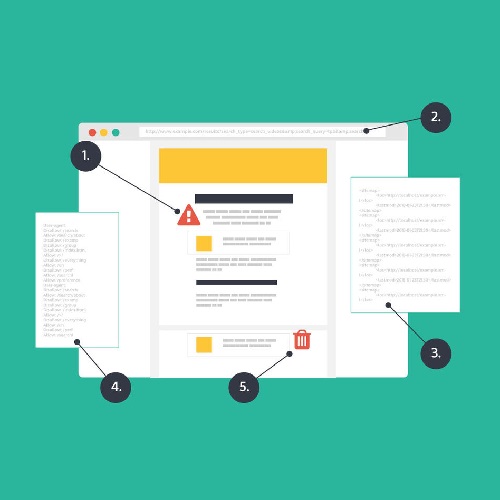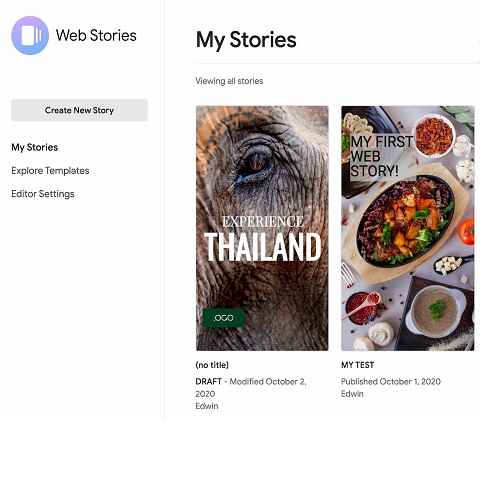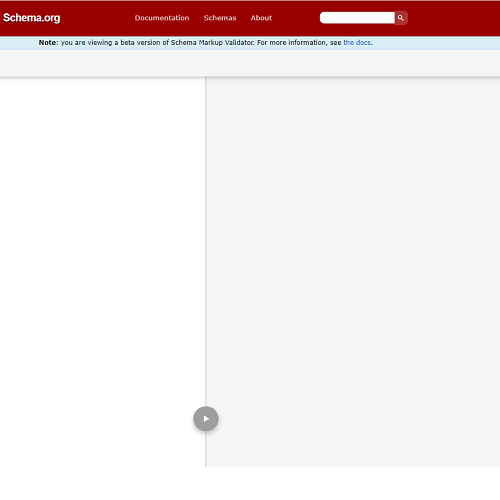Contact Us
Related Posts
Category
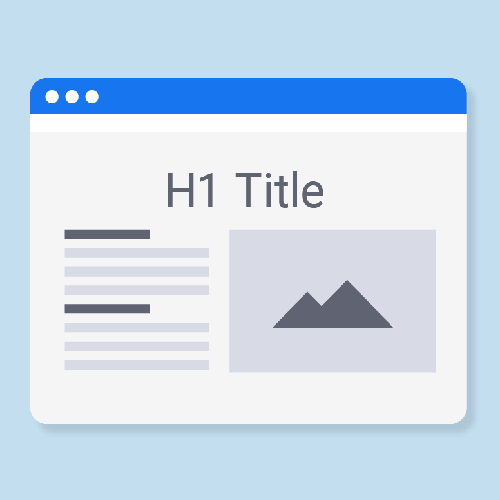
More than half of the SEOs polled don’t know what Google recommends for H1 headings, according to a survey of nearly 2,000 professionals. Recent social media discussions show that there is a lot of confusion about how to use Heading (H1, H2) components. Despite Google’s guidelines, the SEO industry is still divided about how to use headings. Over half of SEOs don’t know what Google’s headings advice is, according to an informal Twitter poll of nearly 2,000 votes.
Is it recommend by Google to use only one H1 heading for SEO purposes?
Google’s advice on several H1 headings was polled by Cyrus Shepard (@CyrusShepard). Surprisingly, nearly 60% of those polled said Google only recommends one H1 heading per page.
Number of H1 Headings: Google’s Official Recommendation
Is it advisable to use just one H1 heading, according to Google? “No, that isn’t true. Publishers are free to use as many H1 headings as they want, according to Google’s”
According to John Mueller:
“On a list, you can use H1 tags as many times as you want. There is no upper or lower bound of everything. With no H1 tags or five H1 tags, your site will rank perfectly fine.”
Google also made a video about it to refute the myth that it only recommends one H1.
John Mueller is heard saying in the video: “When there are several H1 headings on a list, our systems don’t have any issues. On the internet, that’s a typical pattern.”
On the Use of Headings, SEOs Can’t Agree
Anecdotal data from Facebook SEO groups shows that there is still a lot of disagreement over how to use headings properly. Some SEO professionals still believe in concepts from the early 2000s. Others contend that John Mueller’s claims aren’t completely accurate. After multiple Google clarifications, the subject of heading tags remains divisive.
H1 Tag Is More Relevant Than H2, H3, and Other Tags, According to SEO Experts
Mueller said it’s fine to use more than one H1 tag, according to some in the SEO industry. They would, however, argue that an H1 factor is more significant than an H2. Back in the early 2000s, this was the case. That isn’t the case
In the beginning, to understand web pages, Google used hints.
Headings were used by Google in the early 2000s to determine the subject of a web page. Google frequently thought to be material at the highest point of the website page to be more important because it gave another clue with regards to what is the issue here, as that is the place where journalists regularly state what is the issue here. Back in the mid-2000s, words written in intense, italics and bigger text styles (utilizing the old HTML 4 Font tag) were viewed as clues concerning what the page was about.
Some of these ranking, variables were disclosed by Googlers in statements and were included in the initial Google PageRank research paper published in 1998, as well as later research papers. The argument is that headings and other elements were used as indicators of the topic of a web page. In 2012, Google seems to have shifted its focus away from searching for clues about what a web page was about. Google introduced a new approach to understanding what things are using a Knowledge Graph on that date. Introducing the Knowledge Graph: Stuff, Not Strings was the title of a Google blog post announcing the news.
According to Google’s statement: “This is an important first step in creating the next wave of search, which taps into the web’s collective knowledge and understands the environment a little more like people do.”
Google began progressing to a more regular language way of deciphering substance and search questions after the Google Hummingbird update was reported in September 2013. Google uncovered in a September blog entry that you could now contrast things by talking with the Google Search App, just as other interesting stuff that depended more on attention to what things are and less on hints.
That was eight years ago, and since then, natural language processing has advanced to the point where Google no longer relies on hints to determine the topic of a website. In the year 2021, Google will be able to recognize a subject and link it to a search query. That’s a lot more advanced than simply matching search query keywords to web page keywords. That is the reason Google’s Mueller has been telling the SEO bunch that the quantity of H1 labels you use doesn’t make any difference. A heading’s sole aim is to convey the subject matter of a section of material. That is the end of the discussion.
The old method of using keywords to give Google a hint from 2001 is no longer used. Since common language and AI advances permit Google to comprehend what is the issue here, especially if it’s all around organized with the appropriate utilization of heading components, Google no longer uses precise match watchwords in its query items.
The H1 Tag has no special ranking power.
According to John Mueller, a site can rank well with or without an H1 tag. That is to say, an H1 isn’t given any special consideration. In another Office-hours Hangout, Mueller reported that an H2 or an H1 can be used interchangeably on a page and that they will rank good.
To this question, I’d like to respond:
“If a page doesn’t have an H1 title, it will always rank for keywords in the H2 title.”
According to John Mueller,
“Certainly,” says the speaker.
Is it really going to be like this? I’m not sure if it would, but it is possible. Yes, it can.”
Mueller went on to say that headings (not just H1) on a page will help Google understand what that section of content is about.
According to Mueller, “
“As a result, headings on a website assist us in better understanding the page’s content.
We don’t just use page headings as a ranking element.
We also, take a look at the material separately.
However, having a simple heading on a page also gives us a little bit more insight about what the section is about.”Heading tags continue to be a good signal about what a section of content is about.
Is this a prank?
The initial poll was, in some ways, a ruse. H1 tags aren’t listed anywhere in Google’s SEO Starter Guide. So, no, Google does not suggest a single heading tag. Nonetheless, John Mueller has spoken broadly about heading segments, which ought not to be ignored.
Keywords are ranked with the aid of headings.
There was a keyword rating bonus with heading tags from about 2001 to 2005. Watchwords in the headings were proper. In the mid-2000s, that was the situation. Notwithstanding the way that we now live in the time of AI and Natural Language Processing, this specific act of regarding H1 as especially critical endures If you do any Google searches, you’ll notice that this type of thing is no longer important. The highest-level locales are imperative to the subject, not on the grounds that they have a careful match watchword express in their heading labels, as should be obvious.
To sum up, it’s basic to utilize headings to precisely characterize the article’s subject and utilize headings to depict the issue. Since Google does not rate exact match keywords the same way it did in 2001 in 2021, this will help Google better understand the content. Today, Google prioritizes content over keywords. It’s a good idea to consider the whole page in terms of “What is this about?” and each segment in terms of how it relates to the overall theme.















































